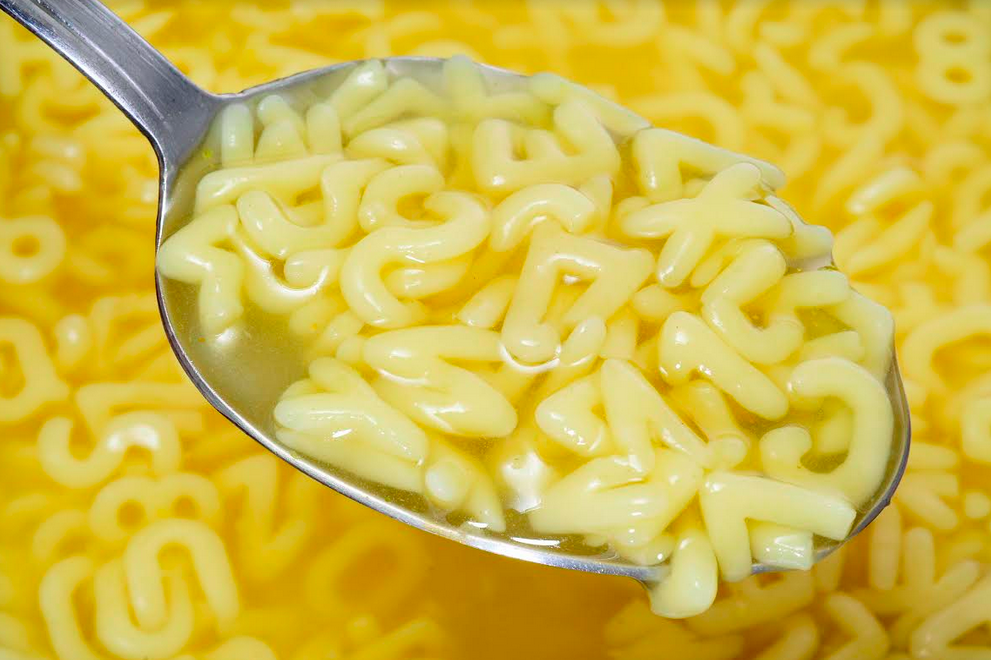This is a question we hear food plant owners asking themselves time and time again when embarking on new projects. Do I really need to invest in prequalifying subcontractors? I have relationships with other vendors—why pay someone else to hire subs when I can save money and just pick people myself? There are plenty of reasons that hiring subs must be taken very, very seriously. The wrong decision can result in risks ranging from project delays and unexpected expenses to safety threats. And with food manufacturing facilities in particular, you have the added layer of food safety risks. Here are some things to keep in mind if you’re on the fence about investing time and resources into prequalifying food plant subcontractors for your project.
What are the risks when hiring a subcontractor for a food plant project?
When you are hiring a subcontractor, the process involves more than an interview. It requires:
- Handling contracts
- Negotiating budgets
- Establishing scope
- Determining a schedule
This all equates to time spent away from the food plant project itself: a risk many plant owners cannot take. When handling this yourself, it also adds the risk of responsibility. If you hire a firm to prequalify your subs, when conflicts arise, there is only “one throat to choke,” so to speak. In other words, one person in charge of resolving issues. If you choose not to invest in prequalifying subcontractors, these conflicts become your responsibility to handle with the subs individually. When your design-build team doesn’t have the power to control the subcontractors they work with, you could pay the price—literally. Unqualified subcontractors might quit your job because they lack the proper resources or safety measures to successfully complete it.
Safety is another risk when hiring subcontractors. You could liable for any violations committed on-site. In a food manufacturing facility, mitigating this risk is even more complex thanks to food safety concerns. Are your subcontractors familiar with food safety practices? Are they taking the proper precautions to keep food areas clean? Do they know how to establish traffic flow during a renovation to avoid contamination?
You have to understand which questions to ask upfront to ensure they’re qualified for your project—or else, the risk is enormous.
How do you know a subcontractor is qualified for a food plant project?
In the construction industry, there is no standard that demonstrates a subcontractor’s competence. With a plethora of organizations and certification bodies, the letters following a subcontractor’s name can resemble alphabet soup. Which certifications are relevant and worth paying attention to?

Instead of looking for specific certifications, ask subcontractors to describe their work process and other projects they’ve completed. These questions might include:
- How long have you been in business?
- Do you have the manpower and capacity to take on this job?
- What is your company’s safety record?
- How many injuries were reported in the past year?
- What is your project completion rate?
Safety records, on the other hand, must be an important part of the subcontractor hiring process. Hire subcontractors with federal safety certifications, such as Occupational Safety and Health Administration (OSHA) certificates. These are federally regulated, signifying less discrepancy between regions and food industries.
When Stellar hires subcontractors for a project, we require three years of quantifiable data to prove safety standards. This includes OSHA violations and accident reports.
Get as much safety data as you can from possible subcontractors.
How do you select a subcontractor?
Once you’ve narrowed your search to a few qualified subcontractors, how do you make the final hiring decision?
To put it in perspective, let’s compare this to a personal-life scenario. Imagine your house needs cleaning, and you’re interviewing three candidates. You interview them each individually, walking them through your home and explaining what you need cleaned. You show them the dirty spaces, the floors that need sweeping, the windows that need washing, etc. During this walkthrough, you would be evaluating their demeanor, examining:
- Do they seem eager for the job?
- Do they have the capacity to accomplish all the tasks?
- Do they have the necessary cleaning supplies?
Each would describe the benefits of working with their company—their safety records, why they are a good fit for your home, information about their other clients and comparable houses they have worked on.
This is an important decision. After all, these individuals will be in your home, among your possessions, trusted with your shelter.
All three will likely have different prices and schedules, so when it’s time to make the final call, you weigh the pros and cons. The most expensive cleaning company may have impressive clients, a large staff and a successful reputation. The cheapest option may be a new company, requiring you to gamble on their success (and your trust).
This is a simplified example of the same process a plant owner experiences when deciding to hire a subcontractor for a project.
It’s up to you to know what questions to ask to ensure you are hiring the best person for the job.
- Have they completed projects like this before? In what timeframe?
- How many people will they be assigning to your project?
- Do they own machinery, or would they be renting it?
Understand that the highest bidder isn’t always the best option, and the lowest isn’t necessarily the worst. Again, if you do this as a plant owner, you bear this risk—and burden.
What is the best way to manage multiple subcontractors?
With our house-cleaning scenario, imagine that a candidate is the best at vacuuming floors—an important item on your task list. However, this candidate is not comfortable cleaning kitchen counters. Because of his vacuuming expertise, you hire him to just complete this task. But your counters still need to be cleaned.
Now you are hiring multiple subcontractors, which means managing another budget, another schedule and another team.
Some projects, such as greenfield projects, require multiple subcontractors. Even when building from the ground up, you want to hire as few subcontractors as possible. Look into subcontractors who can accomplish multiple items on your project’s “to-do” list. For instance, you may hire a plumbing company who can install water pipes and establish a water conservation system.
Invest in prequalifying food plant subcontractors to reduce your risks and ensure project quality
At the end of the day, you want the right people on your job site at the right time. When you pay a design-build firm to prequalify subcontractors for a job, you introduce industry experience and relationships into the process. This experience translates into better hires for food plant projects.
While some plant owners may be tempted to avoid the expense of properly prequalifying potential subcontractors, the cost of not doing so could be exponentially more expensive. Invest the time and resources to prequalify food plant subcontractors for your project.



